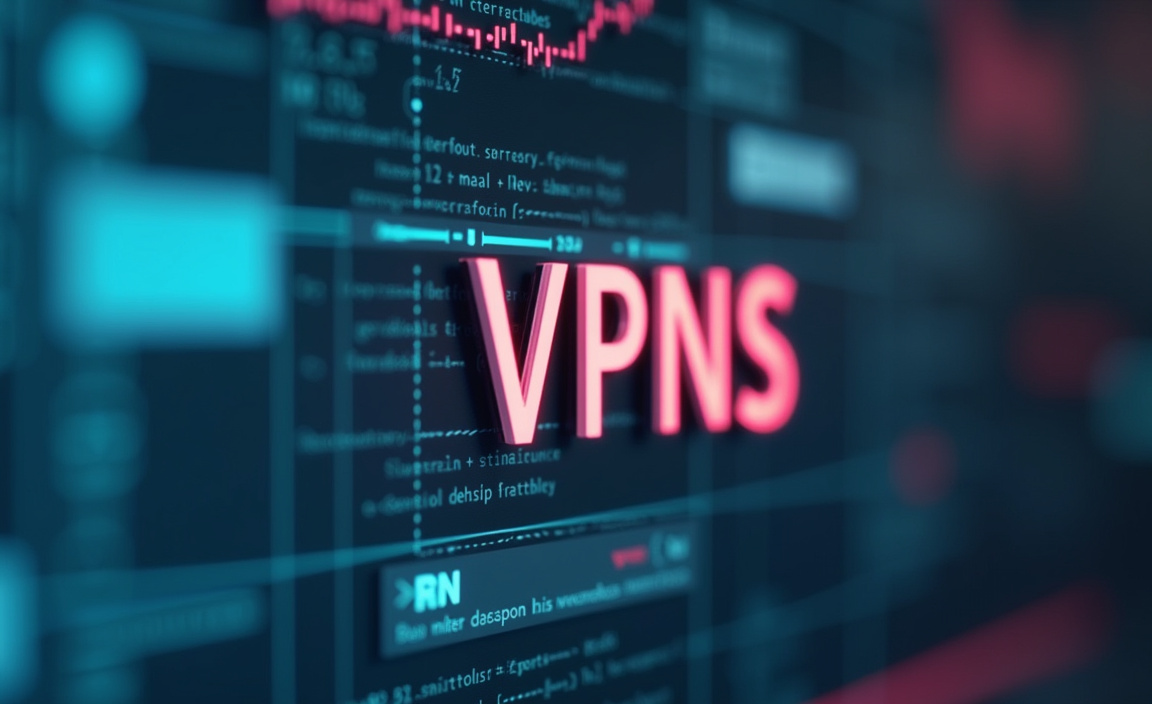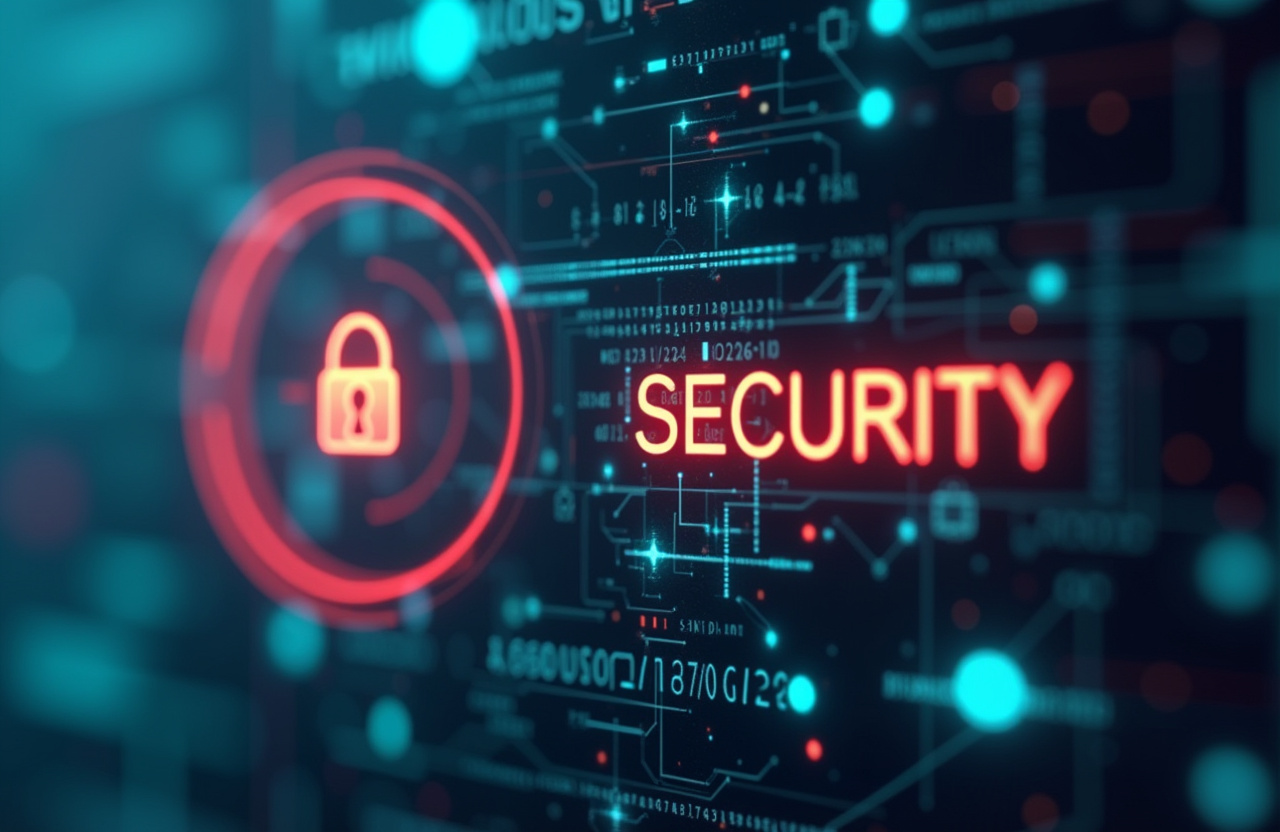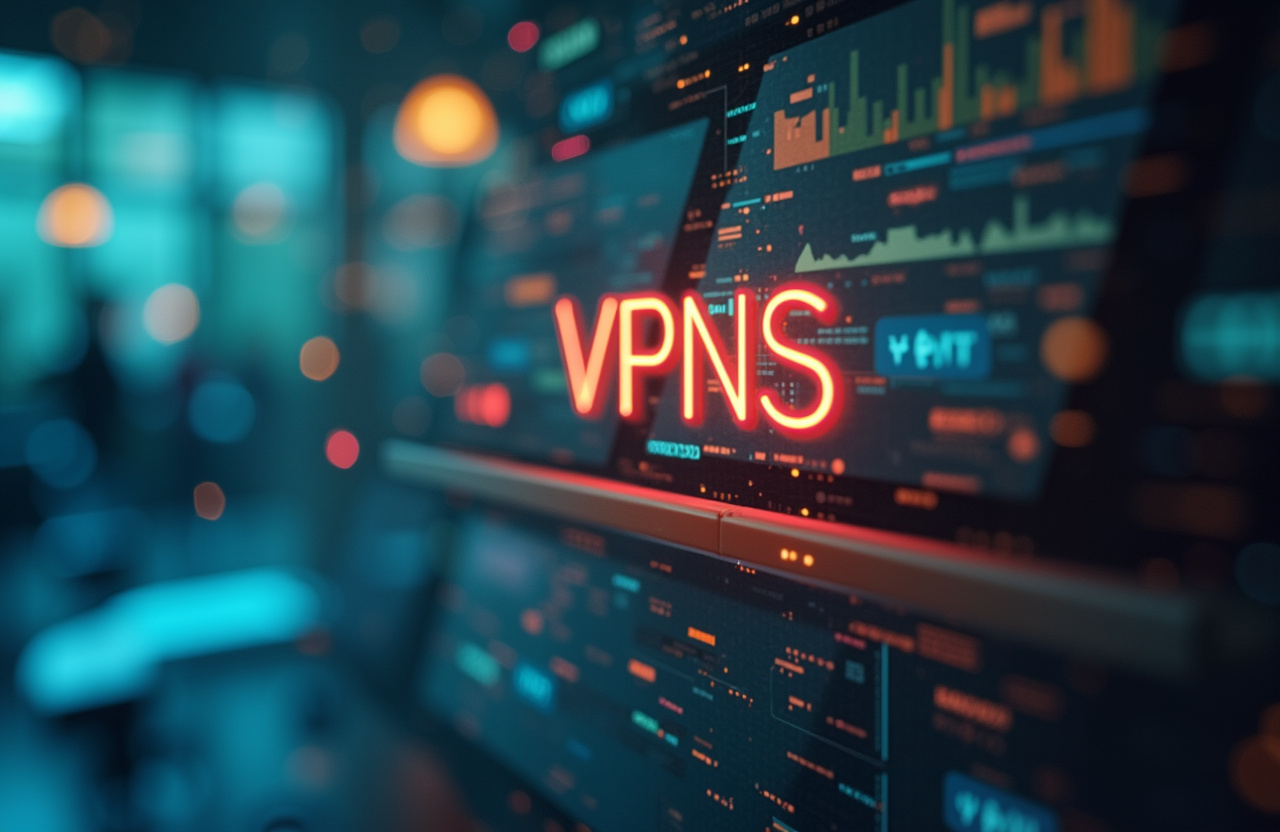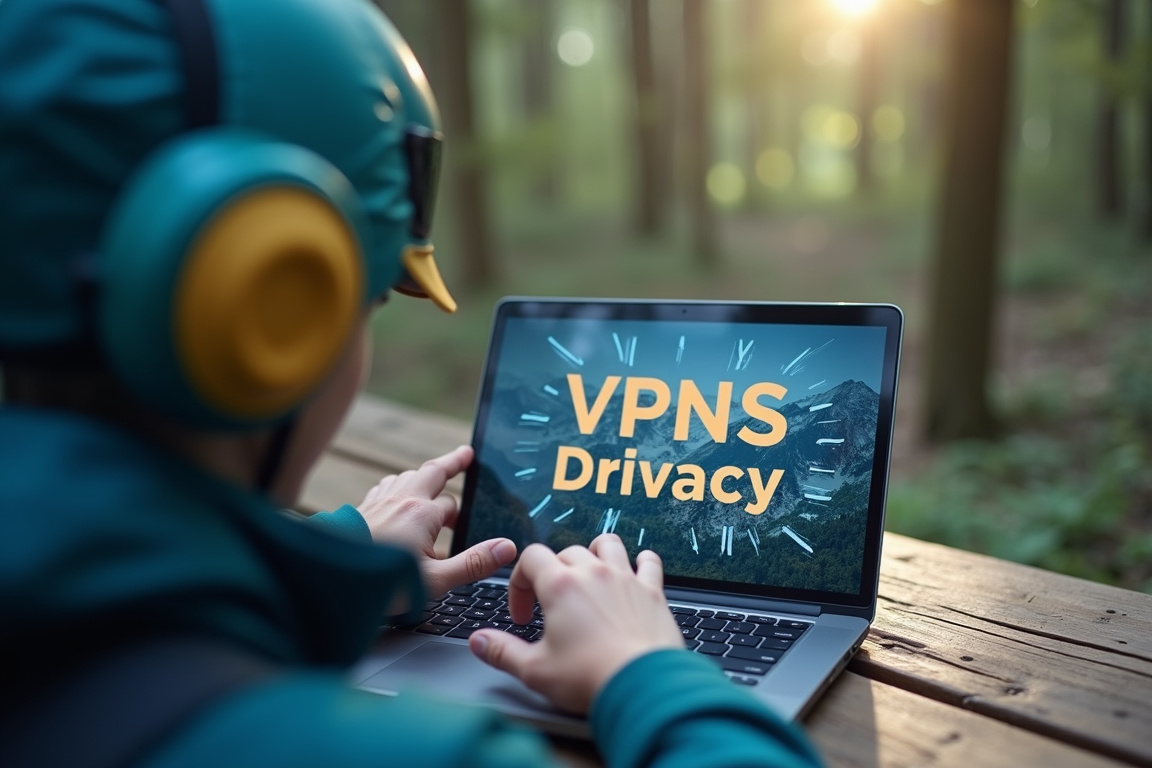VPNs for Health Clubs: Securing Member Data
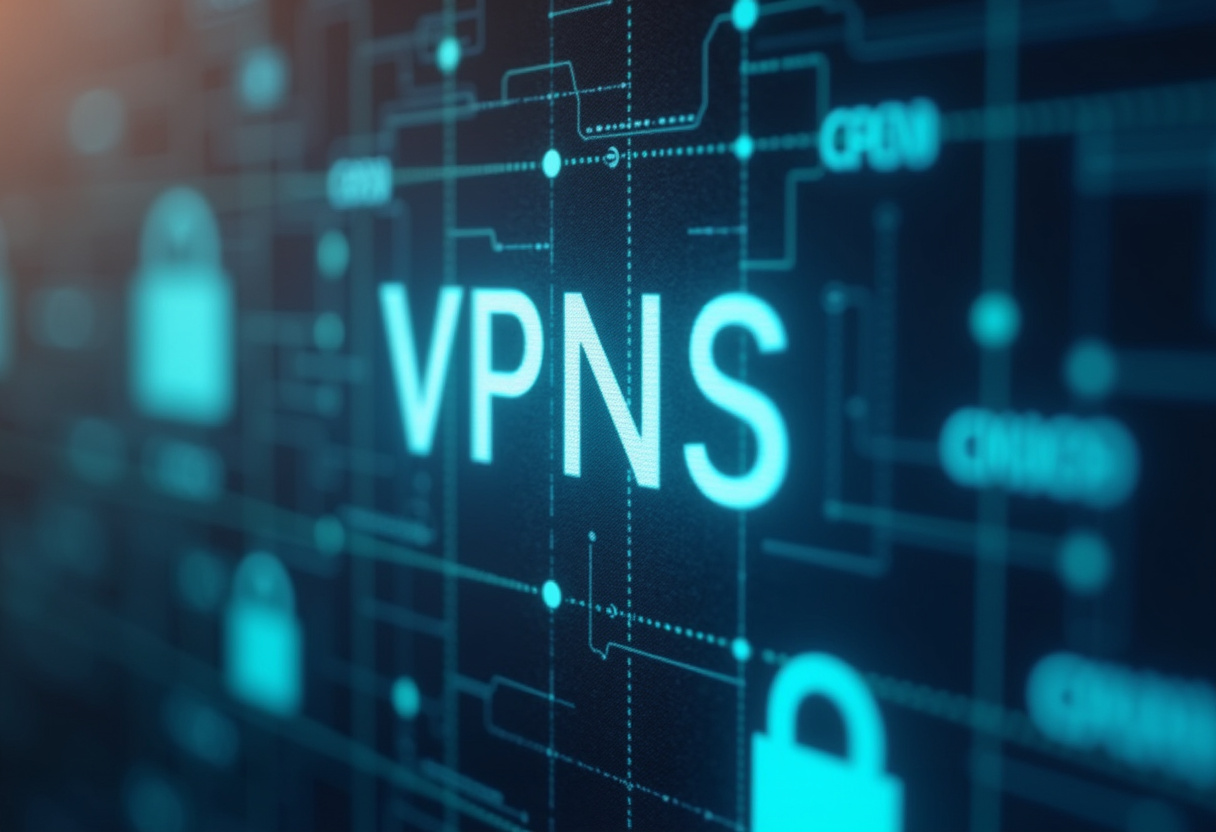
Table of Contents
Introduction: The Growing Need for Data Security in Health Clubs
In the modern digital age, health clubs and fitness centers have become custodians of a treasure trove of sensitive member data. This data, encompassing everything from personal contact details and payment information to health records and fitness progress, is a highly sought-after target for cybercriminals. A successful data breach can inflict significant damage, leading to severe financial setbacks, a tarnished reputation, potential legal repercussions, and, most importantly, a profound erosion of member trust.
Consequently, implementing robust and comprehensive security measures is no longer an optional consideration for health clubs; it is an absolute necessity to ensure the safety and confidentiality of their members' valuable data. One of the most crucial components of a well-designed security strategy is the strategic deployment of a Virtual Private Network (VPN). Think of a VPN as a protective digital shield, working diligently to encrypt all internet traffic and create a secure, impenetrable tunnel for data transmission.
In doing so, it significantly mitigates the inherent risks associated with a wide spectrum of cyber threats, ranging from simple eavesdropping to sophisticated data interception attempts. As the old adage goes, "Without security, a VPN is not private anymore." This underscores the fundamental importance of prioritizing security when choosing and implementing a VPN solution for a health club environment. The primary goal is data isolation and compartmentalization.
However, it is worth understanding the vulnerabilities and how those could be exploited by malevolent actors. The VPN's implementation also provides the organization with a security checklist to follow, or else the IT team that is assigned to the task should be responsible for guaranteeing the best implementation and maintenance of the VPN to avoid human errors during its operation. Securing member data is unequivocally paramount for health clubs, extending beyond mere compliance with stringent data privacy regulations like the General Data Protection Regulation (GDPR) and the California Consumer Privacy Act (CCPA).
It is a fundamental aspect of cultivating and preserving a positive brand image and fostering unwavering trust with members. When individuals entrust health clubs with their personal information, they rightfully expect that this data will be diligently protected against any unauthorized access, misuse, or disclosure. A data breach shatters this trust, potentially triggering a cascade of negative consequences, including member attrition as people lose confidence in the club's security measures and damaging publicity that can irreparably harm the club's reputation.
To effectively address the challenge of member data security, a comprehensive and multifaceted approach is essential. This approach should encompass a robust combination of technical safeguards, such as the implementation of VPNs and firewalls, alongside well-defined organizational policies and procedures. These policies and procedures should cover a wide range of critical areas, including thorough employee training programs, strict control over data access privileges, and proactive incident response planning.
There should be frequent security audits, penetration testing and awareness programs. The core tenets of VPN Security are the privacy (confidentiality), reliability (integrity) and availability. Health clubs must prioritize member data security to safeguard their members' privacy, maintain their reputation, and comply with legal requirements.
By implementing a robust security framework that includes VPNs, health clubs can demonstrate their commitment to protecting member data and fostering a secure and trustworthy environment. Choosing the right 'health club VPN' should involve careful deliberation from all the stakeholders, including the IT professionals. The success of the implementation depends on a range of several factors like security protocols, encryption standards, server locations, logging policies, and user-friendliness.
Health clubs should opt for VPNs that offer strong encryption, a wide range of server locations, and a strict no-logs policy to ensure maximum privacy protection. The most crucial element is to guarantee the proper security implementations for all devices within the health club facilities. This includes employee mobile phones and computers in the administrative office.
Understanding VPNs: How They Protect Member Data
The 'health club VPN' serves as a vital protective barrier, implementing modern encryption methods to secure authentication techniques and shield sensitive member data from cyber threats. The increasing reliance on multifaceted digital platforms for everything from streamlined membership management and engaging online fitness classes to highly personalized training programs has significantly expanded the attack surface that health clubs must defend against. Cybercriminals are constantly seeking vulnerabilities to exploit, making it critical for health clubs to adopt proactive security measures.
Adding to this complexity, many health clubs are now leveraging cloud-based services for storing valuable member data, a variety of operational tasks, and various other essential functions. While cloud environments offer numerous benefits, including scalability and cost-effectiveness, they also introduce additional security considerations that must be carefully addressed. If not properly secured and configured, cloud environments can be particularly vulnerable to potentially devastating data breaches, which could compromise the privacy and security of countless members.
The vulnerabilities range from unsecured Wi-Fi networks, which are frequently used by members and staff to connect to the internet while at the gym, to compromised employee accounts, and the lack of proper safeguards can expose sensitive information. The repercussions of a security incident in a health club can be far-reaching and severely damaging. The resulting financial losses can stem from a variety of sources, including the considerable costs associated with incident response, legal fees, and the need to provide compensation to affected members.
More significantly, damage to the health clubs overall reputation arises when public disclosure of a data breach causes irreparable harm to the health club's image, leading to member attrition and difficulty attracting new members, leading to revenue shortfalls. Furthermore, the exposure of sensitive member data, such as confidential health records, can lead to severe legal liabilities, potentially including substantial financial penalties in the form of fines as well as costly lawsuits. Beyond the financial and legal implications, a cyberattack can disrupt daily operations, preventing members from accessing facilities and services, which can damage reputation even further.
Member data encompasses a wide array of information, including: personally identifiable information (PII) like names, addresses, phone numbers, email addresses, dates of birth and emergency contact information; payment information such as credit card numbers and bank account details and health and fitness data like medical history, fitness goals, workout routines, and body measurements. The implementation of a VPN also plays an important role here because it is used for encrypting the traffic to conceal the location of the data being transmitted. Encryption is the process of converting data into an unreadable format, rendering it incomprehensible to unauthorized individuals.
Modern methods of cybersecurity, such as multifactor authentication. VPNs use robust encryption algorithms to scramble data transmitted over the internet, protecting it from eavesdropping and interception. Symmetric encryption encrypts and decrypts data.
The encryption key has to be put on all machines that are supposed to take part in the VPN connection. If an attacker gets hold of this key, he or she can decrypt all traffic and compromise all systems taking part in the VPN, until all systems are supplied with another key. Furthermore, such a static, pre-shared key can be guessed, deciphered, or hacked by brute-force attacks.
Therefore, the best technique is to have a dynamically created key and not a pre-shared key. Regular auditing should be a tool to provide a health check for the company.
Implementing VPNs in Health Clubs: Practical Strategies
'Member data security' is more than just a technical challenge; it represents a fundamental commitment to ethical data handling and respecting individuals' privacy rights. It's not just about protecting Personally Identifiable Information (PII); it's about creating a safe and secure environment where members feel confident and comfortable pursuing their fitness goals. Health clubs have a moral, ethical, and legal obligation to protect the sensitive information entrusted to them by their members.
This obligation extends beyond simply complying with regulations; it involves fostering a culture of security consciousness within the organization and prioritizing member privacy in all aspects of their operations. Understanding the various threats and vulnerabilities that can compromise member data is crucial for health clubs to implement effective security measures. By proactively identifying potential weaknesses in their systems and processes, health clubs can develop targeted strategies to mitigate risks and prevent data breaches.
By taking proactive steps to protect member data, health clubs can build trust, maintain their reputation, and safeguard their business. VPNs create a secure, encrypted connection over a less secure network such as the public internet. This encrypted connection, often referred to as a "tunnel," protects data as it travels between the user's device and the VPN server.
The VPN server acts as an intermediary, masking the user's IP address and location, making it difficult to track their online activity. This ensures 'privacy protection' and becomes crucial when members and staff connect to the health club's network using public Wi-Fi, which is often unsecured and vulnerable to eavesdropping. This effectively shields sensitive information from prying eyes, preventing unauthorized access to member data.
VPNs allow employees working remotely to securely access the health club's internal network and resources. Staff can securely access member databases, financial records, and other sensitive information from home or while traveling, without risking data exposure. Choosing the right VPN involves understanding the different types of VPN protocols available.
Some common protocols include OpenVPN, IPsec, and WireGuard, each offering different levels of security and performance. Evaluate the VPN provider's logging policy. A reputable VPN provider should have a strict no-logs policy, meaning they do not track or store any user activity, including browsing history, IP addresses, or connection timestamps.
A VPN provider that logs user data poses a significant privacy risk. Server location is also to take into account. Choose a VPN with servers located in regions that align with your privacy requirements and legal jurisdictions.
The existence of servers at different geographical locations ensure privacy. Ensure that the VPN employs strong encryption algorithms, such as AES-256, to protect data in transit. Strong encryption is crucial for preventing unauthorized access to sensitive information.
Prioritize VPNs with user-friendly interfaces and easy-to-use applications for various devices and operating systems. Simplicity promotes ease of integration and less IT support. Test speed, reliability and compatibility to check whether the VPN seamlessly integrates with the health club's network infrastructure and various devices used by members and staff.
Also, monitor the security to ensure the data flowing through the VPN is safe.
VPNs: Security, Privacy and Trust
Many health clubs are embracing digital transformation, which further requires the implementation of safety protocols. A VPN solution could assist in the creation of a safe internet environment for employees and members. Health clubs are increasingly integrating technology into their operations, offering online booking systems, virtual fitness classes, and personalized training programs through mobile apps.
These digital initiatives enhance convenience for members and streamline internal processes. By carefully vetting third-party vendors, implementing secure APIs, and regularly monitoring system logs, health clubs can minimize the risk of data breaches and maintain the integrity of member data. Regular penetration tests, vulnerability assessment and security audits are required to ensure the third party is up to expectations.
These tests will help discover potential issues and fix them on time. 'Club safety' can be augmented greatly by leveraging a VPN to create a secure and reliable network infrastructure. This infrastructure can be implemented across all health club locations, protecting member data regardless of where it is accessed.
A consistent security posture across all locations is essential for maintaining a holistic security framework. Ensure you have network segmentation, this divides the network into smaller, isolated segments to limit the impact of a potential breach. This can prevent attackers from gaining access to sensitive data stored on other parts of the network.
Provide training to both members and staff on VPN usage and best practices for online safety. Educated users are less likely to fall victim to phishing scams or engage in risky online behavior. Implementing a good VPN system should include but not be limited to setting up a secure Wi-Fi network: configure a secure Wi-Fi network with a strong password and encryption protocol (WPA3).
Avoid using open or unsecured Wi-Fi networks, as they are vulnerable to eavesdropping. Also, use a firewall, by implementing a firewall to monitor and control network traffic, blocking unauthorized access to the health club's systems. It acts as a barrier between the internal network and the external internet, preventing malicious actors from gaining access.
Make sure users have strong passwords. Enforce strong password policies for all user accounts, requiring a combination of uppercase and lowercase letters, numbers, and symbols. Regularly update passwords and avoid using the same password for multiple accounts.
Enforce Multi-Factor Authentication (MFA) to add an extra layer of security to user accounts. MFA requires users to provide two or more verification factors, such as a password and a code sent to their mobile device, before granting access. Also, encrypt sensitive data: encrypt sensitive data at rest and in transit to protect it from unauthorized access.
Encryption scrambles the data, rendering it unreadable to anyone without the decryption key. Regular software updates will ensure you patch vulnerabilities to protect against known exploits. Outdated software is a common target for cyberattacks.
A 'VPN for fitness' should be considered an integral component of a comprehensive security strategy rather than a standalone solution. To maximize its effectiveness, it should be integrated with other security measures, such as firewalls, intrusion detection systems, and endpoint protection software. By coordinating these various security components, health clubs can create a layered defense that provides robust protection against a wide range of cyber threats.
The other software integrations may vary and could be dependent of several factors, such as technology being used, software being used, and IT team capabilities. One of the most important things to do is monitor activity, this ensures complete network and member data are secure, for that an intrusion detection system is required, and the team should be notified right away if there is any suspicious activity detected. Integrating a VPN with these other security measures creates a robust, multi-layered defense system, ensuring comprehensive protection against various cyber threats: a firewall monitors incoming and outgoing network traffic, blocking unauthorized access attempts.
In conjunction with a VPN, it provides an initial layer of defense, preventing malicious actors from even reaching the health club's internal network. Intrusion Detection Systems (IDS) and Intrusion Prevention Systems (IPS) detect and respond to malicious activity on the network in real-time. These systems work by monitoring network traffic for suspicious patterns and automatically taking action to block or mitigate threats.
This acts as a great tool for the security team and they should know what to do if anything arises. Endpoint protection software, covering antivirus solutions, anti-malware tools, and endpoint detection and response (EDR) systems, protects individual devices connected to the network, such as computers and smartphones. By integrating a VPN with endpoint protection, health clubs can ensure that all devices accessing sensitive data are secure and protected from malware and other threats.
A data loss prevention strategy, or DLP, is key to avoiding any type of data being leaked, whether it is on purpose or accidentally, such as if the employee is sending bank statements, or private phone numbers by email or sharing it using cloud services. DLP solutions identify and prevent sensitive data from leaving the health club's network, for example social security numbers, identity or health related data. By incorporating a VPN with DLP, it will reduce the threat of someone stealing the data because it is encrypted.
Security Information and Event Management (SIEM) systems aggregate security logs and data from various sources across the network, providing a centralized view of security events. This enhanced security posture can help health clubs meet regulatory requirements, demonstrate their commitment to member data protection, and build trust with members. A well-integrated VPN solution is a valuable asset for health clubs looking to enhance their security posture and protect member data.
By carefully selecting a VPN provider, configuring the VPN properly, and integrating it with other security measures, health clubs can create a secure and trustworthy environment for members to pursue their fitness goals. Therefore, security must be a concern for the overall project, including technology and operations.
Stay Updated
Get the latest VPN news, tips, and exclusive deals to your inbox.
